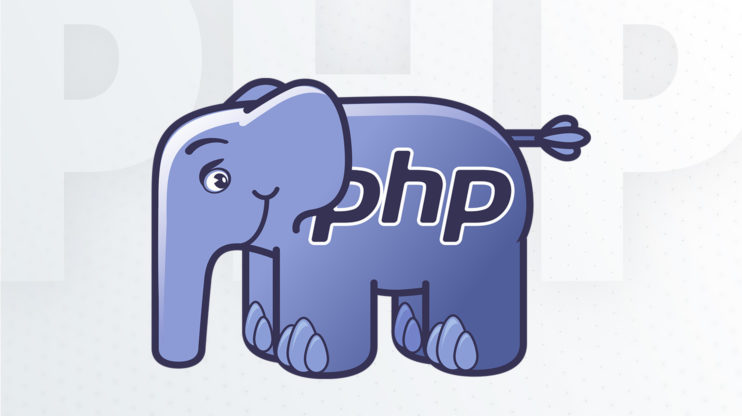What is PHP?
PHP (Hypertext preprocessor) is an open source server side language for web development․ PHP uses an easy to understand syntax and can be used on all major operating systems. It can also be embedded into HTML, it is used to create user friendly, interactive, and dynamic pages. PHP is often included as a part of a web development tech stack called LAMP:
What is PHP used for?
The three main areas where PHP is used are:
- Server-side scripting – runs a script on your web server that generates a customized response per request.
- Command line scripting – allows you to add functions in plain text files.
- Writing web applications – allow for writing cross – platform applications with the help of some php feature.

Why use PHP?
Being one of the most easy to learn open source programming languages, PHP is one of the most widely used languages in programming. It powers Facebook, the Yahoo search engine, Wikipedia, Tumbler, Flicker, and more. Because it is open source and has a very large community of programmers and professionals, PHP is supported and maintained by its community.
According to w3tech.com, PHP is used by 77.5% of websites using a server side scripting language. Compared to ASP.net, an open source programming language created by Microsoft, which is used by 7.7% of websites, and Ruby, which is used by 5.9% of websites, PHP is at the forefront of the backend programming languages. Most Content Management Systems (CMS) are written in PHP. The most popular open source CMS, WordPress, powers 43% of all existing websites and is written in PHP. Other popular platforms written in PHP include: Joomla, Magento, Durpal, TYPO3, and more.
PHP features
PHP code is executed on the server side, allowing for a customized response per client request. Each time a request is made, the PHP for that specific request is interpreted by the web server and an HTML page is generated and sent to the client. PHP is also both an interpreted and object oriented language. Interpreted languages don’t have set code translations into machine language. Instead, the code is interpreted line by line at the time of request. Thus, allowing for the most current and up to date translation of information. Object oriented languages use the concept of object within which data of the software design is organized. Meaning, within each object are both its custom “properties” like appearance, date, name, etc, and code for interaction with other objects or carrying out certain functions.
Advantages of PHP
- One of the easiest languages to learn, PHP is also open source, meaning that it is widely available for everyone to download for free.
- Because PHP uses its own memory, the execution time of the script is much faster than other languages, making it a top performer.
- The syntax used in PHP is easy to understand and it can be embedded in HTML.
- PHP is compatible with most platforms, databases, and servers.
- With over 25 years of development, it has multiple layers of security and a large support community. Thus, making it one of the most flexible programming languages available.
PHP frameworks
PHP frameworks are platforms where one can build PHP web applications. They offer libraries of pre-written code. They are essentially, as the name suggests, the basic structure upon which a programmer can start to build their application. PHP frameworks allow for faster and more secure development, and encourage better performance, as the pre-written code in the frameworks follow PHP best practices. Four of the top PHP frameworks are:
PHP in WordPress
The open source content management system, WordPress, is actually written using PHP. All data of a WordPress website is stored in corresponding MySQL databases. For example, when someone requests a certain blog from your website, WP accesses the PHP files, then runs the PHP code which executes business logic, retrieves necessary data from the MySQL database, in order to generate an HTML code and sends that back to the person searching for your blogpost on your website.
PHP extensions
PHP extensions are libraries or plugins that allow for specific functions when running PHP code. These extensions can be used and re-used by programmers who have written them into the code or have installed the extension or component. PECL is a major library of PHP extensions that can be installed and used for PHP web development. A few of the most used extensions are:
- Ctype extension – checks the correctness of the characters in a string.
- Simple XML extension – allows for manipulation and data extraction from XML.
- Filter extension – validates external input data.
PHP versions
Each version of PHP is supported for two years after its release. Once the two years have expired, the version has one more year of support for critical issues. At the moment, PHP.net is releasing its 8.0 versions. You can find all versions that are currently being supported here. PHP versions should be updated in order to ensure the least amount of security breaches, better performance and to be within the timeline of having support if needed.
It is recommended to use PHP version 8.0 or higher with WordPress versions 5.6 and higher, but require that your host supports a PHP version of 7.4 and higher. This is the official recommendation of WordPress and is done for maximum security, compatibility, and better performance of your websites.




